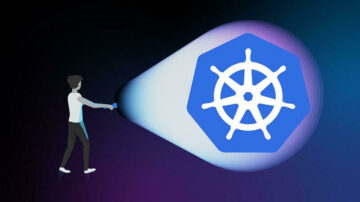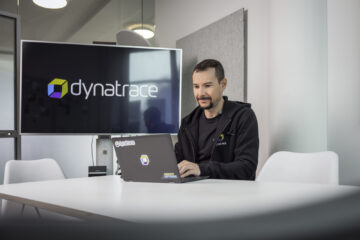
What is container monitoring?
Container monitoring is the process of collecting metrics, traces, logs, and other observability data to improve the health and performance of containerized applications. Monitoring Docker containers is inherently challenging due to their highly dynamic nature. Having real-time insights and actionable answers on how to remedy anomalies helps DevOps and container platform teams automate container operations and focus on innovation.


